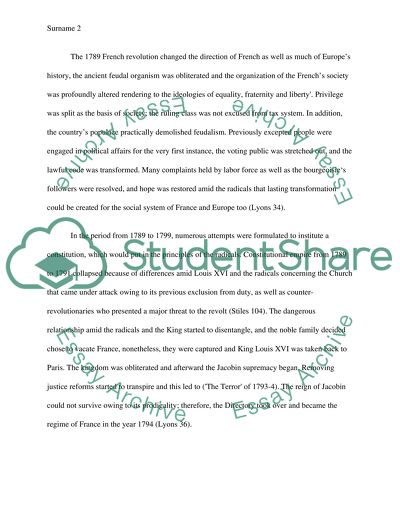Cite this document
(“Napoleon Essay Example | Topics and Well Written Essays - 2000 words - 1”, n.d.)
Napoleon Essay Example | Topics and Well Written Essays - 2000 words - 1. Retrieved from https://studentshare.org/history/1614117-napoleon
Napoleon Essay Example | Topics and Well Written Essays - 2000 words - 1. Retrieved from https://studentshare.org/history/1614117-napoleon
(Napoleon Essay Example | Topics and Well Written Essays - 2000 Words - 1)
Napoleon Essay Example | Topics and Well Written Essays - 2000 Words - 1. https://studentshare.org/history/1614117-napoleon.
Napoleon Essay Example | Topics and Well Written Essays - 2000 Words - 1. https://studentshare.org/history/1614117-napoleon.
“Napoleon Essay Example | Topics and Well Written Essays - 2000 Words - 1”, n.d. https://studentshare.org/history/1614117-napoleon.


